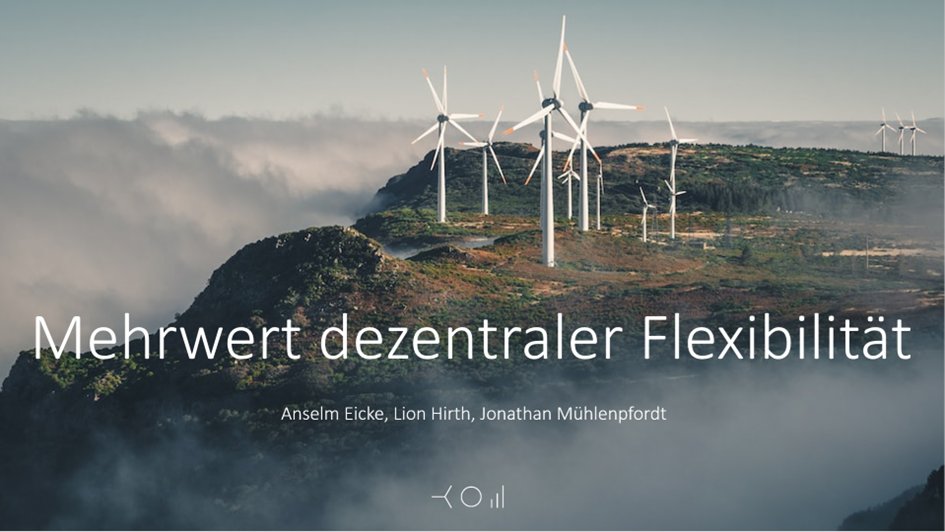
Prof. at Hertie School and director of Neon. Energy markets and power systems. Loves data & visuals. Known for analysis, not diplomacy.
6 subscribers
How to get URL link on X (Twitter) App


 Großverbraucher von Strom erhalten ein "individuelles Netzentgelt", wenn ihr Strombezug gleichmäßig ist.
Großverbraucher von Strom erhalten ein "individuelles Netzentgelt", wenn ihr Strombezug gleichmäßig ist. 

 Batterien werden heute im Stromsystem als Großspeicher (Container) und Heimspeicher (aka Solar-Batterien) genutzt.
Batterien werden heute im Stromsystem als Großspeicher (Container) und Heimspeicher (aka Solar-Batterien) genutzt.

 Wir schließen in den kommenden Jahren eine atemberaubende Menge neuer Verbraucher in der Niederspannung an.
Wir schließen in den kommenden Jahren eine atemberaubende Menge neuer Verbraucher in der Niederspannung an.




 Cost-potential curves show how much wind energy you can get at what cost.
Cost-potential curves show how much wind energy you can get at what cost.





 Time-of-use charges give signals to network users to use the network less in some periods in the day, week or year and use it more in other periods. The charges should be higher in periods when network utilisation is closer to the technical limits and lower otherwise.
Time-of-use charges give signals to network users to use the network less in some periods in the day, week or year and use it more in other periods. The charges should be higher in periods when network utilisation is closer to the technical limits and lower otherwise.


 CfDs are financial contracts that specify payments from a buyer to a seller if the price of an underlying is below the agreed-upon strike price & vice versa.
CfDs are financial contracts that specify payments from a buyer to a seller if the price of an underlying is below the agreed-upon strike price & vice versa. 

